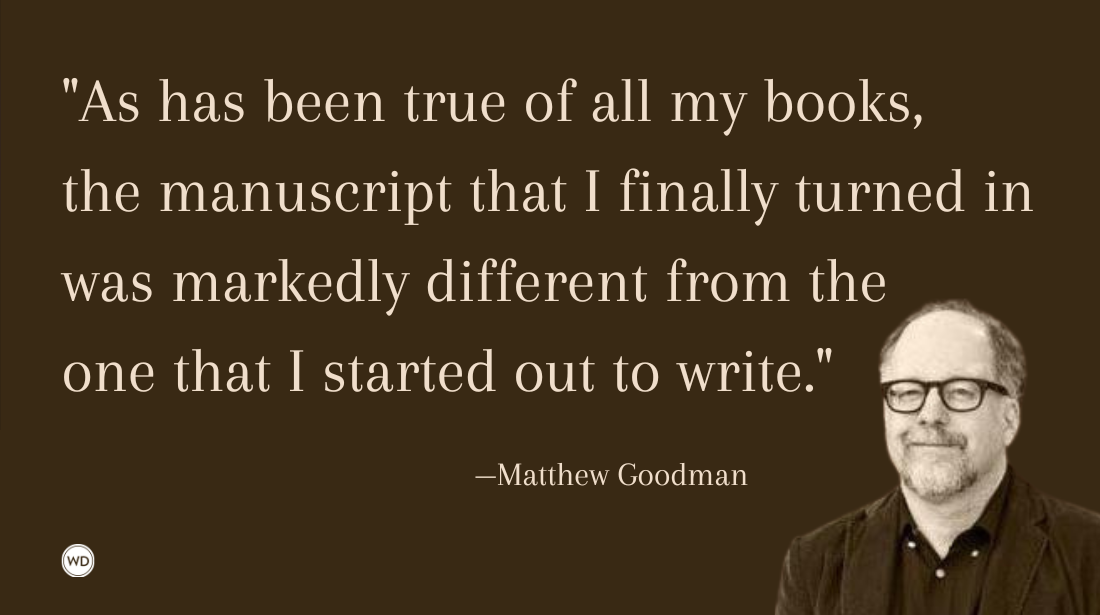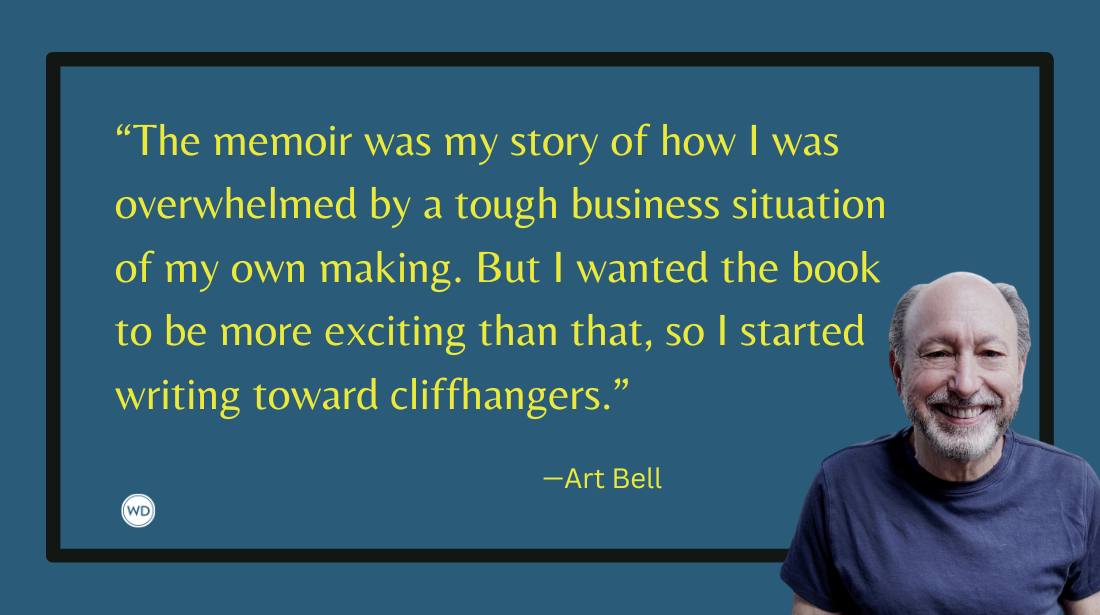6 Tips for Writing Obituaries That Create a Fitting Tribute
Traditionally, remembering a loved one we’ve lost means writing an obituary that honors their memory. Here, author Dana Sachs shares 6 tips for writing obituaries that create a fitting tribute.
Not to brag, but I’ve gotten good at writing obituaries lately. I don’t mean the windy write-ups in newspapers that note the deaths of public figures. I’m talking about the paragraphs you send to the funeral home after your uncle passes away and that appear, for a fee, in your local paper and on Legacy.com. After my father died in October, I wrote my first. Two months later, my stepdad died, and I wrote another. I’ve suddenly become my family’s death scribe. It’s my job to try and sum up the lives we’ve lost.
If you’re a writer like me, you probably never expected to have obituaries on your list of publications. But you have a skill that your family will need in this moment of crisis. I won’t say it’s the hardest job among the myriad tasks of bereavement—planning memorials, pulling moth-eaten sweaters out of dusty closets, eating towers of toffee bars brought over by friends—but it can be emotionally difficult and laced with grief. I went through a lot of Kleenex.
Having survived—so to speak—I have some advice for others who find themselves hunched over a laptop in their childhood bedroom trying to recap a life in a few hundred words. I hope these tips will help others create a fitting a tribute.
1. Keep it short and publish it locally. National media outlets charge much more than local ones, plus you’ll likely reach more people who care if you stick close to home. You could spend your inheritance placing Grandma’s obituary in the New York Times, and that would just irritate her, right?
2. Achievement is boring, so keep the focus on the details that truly capture a personality. My stepdad, Bob, was a respected professor, but I didn’t want his obituary to become a tedious list. Instead, I focused on the things that meant the most to his family and closest friends. When I was a kid, I believed that Bob knew everything. In reality, however, he simply wanted to know everything, which is just as impressive. I led with that idea, describing him as “the person to go to with questions. How did Beethoven lose his hearing? Which flies work best in different trout streams? Why do men have nipples? Is a clove of garlic the same as a head of garlic?” I didn’t completely ignore his accomplishments, but I tried to combine them with details that articulated Bob’s telling quirks and approach to living.
3. Embrace the contradictions. My father, Ira, valued “moderation,” but he wasn’t moderate. He binged on life. He was the guy who ordered all the appetizers on the menu, then all the desserts. I say that both literally and metaphorically. Over the course of 34 years, my dad fathered nine children with six different women, or “moms,” as we call them. I wasn’t about to exclude those key features of his life from my tribute. It’s true that my dad frustrated and confounded his family; it’s also true that we adored him and that his death broke our hearts. An obituary can handle the messy tangle of love.
4. That said, don’t use an obituary to express your anger and grudges. Find a therapist for that.
5. Welcome other people’s contributions. Before you send it off, show your obit to family members and friends who knew your loved one well. After I wrote the first draft of my father’s obituary, one of my brothers reminded me that our dad used to collect sleeping bag donations every winter, then drove through the city pulling them from the trunk of his Suburban and handing them to people living on the streets. I had forgotten that. I made changes, reprinted, and passed the document around again.
6. A tribute is for the bereaved, and it’s not about your fabulous writing. The first draft of my stepdad’s obituary ended with a description of how he and my mother spent the last few hours of his life. To me, it was the most powerful sentence in the piece, illuminating her devotion to him and the devastating fact that their 50-year love had reached its end. Even as I wrote it, I knew it might be too intimate to share publicly. I gave the obit to my mom to read. She had endured three days of widowhood with steely determination. After she read it, she cried and approved it. I was glad she hadn’t vetoed my favorite sentence. A few minutes later, though, a look of uncertainty crossed her face. “I don’t know about that last line. It makes me look selfless, like I believe I’m a perfect wife.” She couldn’t decide whether to keep it or not. “No one will think that,” I assured her. “It’s beautiful and dear.” The writer in me didn’t want to cut my precious prose. I was also a daughter, however. I realized that my mother was lost, and she needed help to find her way. “Listen,” I finally said. “That memory is yours. Why don’t you keep it for yourself?”
She seemed relieved. “Let’s do that,” she said. So, we took it out.
Dana Sachs is the author of five books. Her newest is All Else Failed: The Unlikely Volunteers at the Heart of the Migrant Aid Crisis (Bellevue Literary Press, 2023). You can find Dana’s obituaries to her father and step-father.








